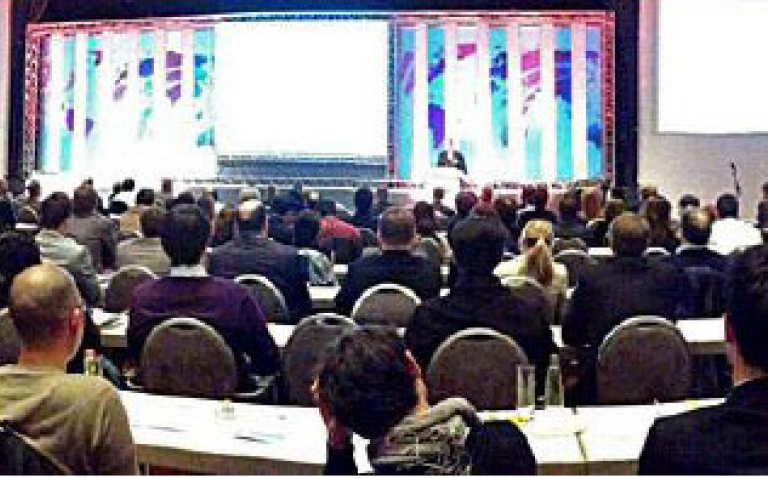Smith & Nephew, the global medical technology business, has announced the conclusion of the 5th International Negative Pressure Wound Therapy (NPWT) Expert Meeting.
About 230 international experts from 30 countries, from Europe, North and South America, Africa, Middle East, Japan and Australia convened in Frankfurt, Germany between 21-22 March. The experts shared new evidence on the mode of action for NPWT and how it can be used to prevent surgical site complications (SSC), including infections.
The Meeting heard initial results of several investigator-initiated studies showing that Smith & Nephew’s PICOTM, a unique canister-free NPWT system, may reduce the incidence of complications of surgical incisions in high-risk patients in the following clinical areas:
- Orthopaedic surgery: hip and knee prosthesis, both primary and revision; spinal surgery
- Plastic surgery: breast reduction
- Cardiothoracic surgery: surgical incisions to implant cardioverter defibrillators
- General surgery: surgical incisions in Crohn’s patients
- OB/GYN surgery: caesarean sections in high BMI patients
Ninety-two percent of the attendees that voted (around 50% of the 226 attendees) thought that results from the use of NPWT over closed incisions were better than with a normal postoperative dressing. Commenting, Professor James Stannard, Professor and Orthopaedic Surgeon at the Missouri Orthopaedic Institute at the University of Missouri and the first surgeon ever to report a randomised study on the use of incisional NPWT in the prevention of complications, said:
“Surgical Site Complications, including infections and dehiscences, are costly to both the patient and the healthcare system. In the US about 300,000 Surgical Site Infections are reported every year. This represents 17% of all the healthcare associated infections(1) and has an estimated annual cost of $3.2 to $8.6 billion (between $10,443 and $25,546 per episode).(2) The role NPWT can play in preventing infection and other complications is still not fully understood, but there is increasing evidence that it is beneficial from both a patient and cost perspective.”
Sean Burns, consultant of obstetrics & gynaecology, and Lindsey Bullough, Tissue Viability Nurse from the Wrightington, Wigan and Leigh NHS Foundation Trust in UK, presented a study using the PICO NPWT system as part of a focus on preventing SSI at their institution between December 2011 and January 2014. For women undergoing caesarean section, the incidence of post-surgical infections reduced by 78% (from 12% to 2.6%). The annual cost of surgical site infections to the NHS in England is estimated to be £700m when considering factors such as surgical and pharmalogical interventions, extended hospital stays and re-admissions.(3)
According to the experts attending the conference, the use of NPWT in preventing the insurgence of post-surgical complications can be considered in patients who have two or more risk factors, including active smoking, diabetes, body mass index above 30, longer surgeries (more than five hours), vascular disease, previous history of wound dehiscence, previous radiation or chemotherapy, immunosuppression, and age above 70 years old.
“These International NPWT Expert Meetings have become an ongoing source of the latest knowledge for the surgeons interested in NPWT,” says Professor Norbert Runkel, Director of the Department of General Surgery at the Black Forest Hospital, Villingen, and a Professor at the University of Freiburg, Germany. “Attendee feedback following the meeting revealed 95% of the attendees that voted (over 50% of the 226 attendees) will consider reviewing and changing some aspects of their clinical practice. This is why we have the meeting and it is exciting to be connected to an initiative that is advancing the way we treat wounds and prevent costly complications of surgical incisions.”
References
- Berrios-Torres: SSI Toolkit, CDC
- Direct Medical costs of HAI in US Hospitals and the benefits of prevention – R. Douglas Scott II, CDC, March 2009
- Surveillance of Surgical Site Infections in NHS Hospitals in England 2012-2013 – Public Health England









